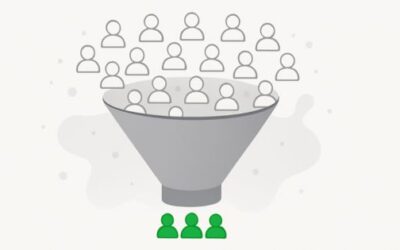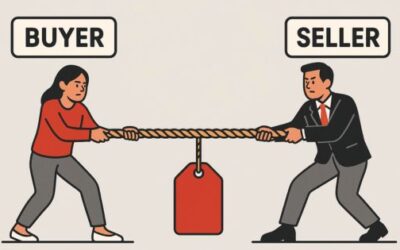Assumptions in Sales: Risks, Rewards, and Best Practices
Too often people make the assumption, that in sales assumptions are bad. That is a bad assumption.
Assumptions are great. We need to make assumptions. Assumptions assist us in setting a direction, they give us something to aim for or a place to go.
The Role of Assumptions in Setting Direction
Here’s a good example of what I’m talking about.
Your product or service only solves a handful or substantial, relevant problems for you target customers, therefore, you have to assume they may be experiencing one or more of those problems when you reach out. If you don’t assume they’re struggling with the problems why reach out.
Assumptions and their Impact on Closing Deals
Once deeper into the sales process, you could assume a particular feature you have could make a huge difference in their business, and if you’re correct it would move the deal close to close.
You could assume you need the CMO’s buy into the solution. If you do, that’s a great sales assumption. You could assume the price point may be too high for the customer, and if it is, that’s a great assumption. You could assume the competition is trying undercut you on price and is offering a sweet deal and if you’re right, that’s a great assumption.
Incorrect Assumptions and their Pitfalls
But what if you’re wrong?
If you’re wrong you’re fucked and that’s where assumptions CAN be bad in sales.
It’s not that assumption that is the problem, it’s when we operate from the assumptions that we get our ass kicked.
If we assumed your product doesn’t solve any material business problems for your prospect, when it does and you stop selling, that cost you commission and quota. If you assumed the CMO needed to buy into the solution and she didn’t but you kept pushing, that’s gonna piss some people off and cost you the sale. If you assumed the price point is too high, when it’s not, you’re gonna make a price concession when you don’t need to. If you assume anything and you’re wrong, you’re screwing yourself if you act on it. And that is the key, don’t act on them.
Validating Sales Assumptions
The main point to sales assumptions is to make them, then validate them before you act on them. Making assumptions is great, make them, make lots of educated, smart, grounded assumptions, but then validate them. Look for evidence from the prospect, from the web, from relationships, from where ever you can to validate or invalidate your assumptions.
When we make assumptions and force ourselves to validate the assumptions, we become high-powered salespeople. We put ourselves on a trajectory to get information, to go deeper and to be more informed. Having this information empowers us to create better solutions and equally as important allows us to create much better deal strategies.
Assumptions as Hypotheses: A Scientific Approach to Sales
Think of sales assumptions as hypotheses and like a great scientist your job is to make them validate them and then execute them, in that order.
Great salespeople make assumptions every day. Don’t stop making assumptions. Do the opposite, get good at making good assumptions and learn how to validate them.
The old adage says when you assume, you make an “ass” out of “u” and “me.” I call bullshit. That only happens if you don’t validate the assumption before you act on it. If you validate it, there are no asses, just two people on the same page ready to make things happen.
Go make things happen.





Hi Mr. Keenan, your article on “Sales Assumption” is thought provoking and is something which every salesperson needs to consider in selling… I agree that we need to make rational assumption and validate the same… However can a salesperson rely on assumptions alone? I believe some research needs to be done with respect to analysing the market, demand, competition, product portfolio, pricing and the prospects themselves, to check if the salesperson is targeting the right person or not… Don’t you think that assumptions in and on itself is a little ambiguous when it comes to taking informed decisions? Would appreciate if you could shed some light on it. Thank you.